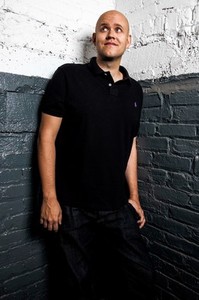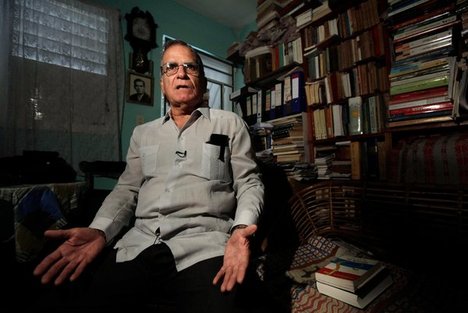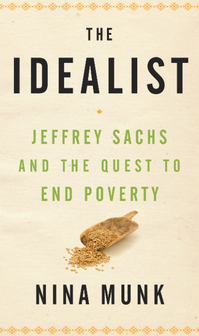(p. D4) MANY environmentalists — even many who think nothing of using recycled toilet paper or cut the thermostat to near-arctic levels — see fridge-free living as an extreme choice or an impractical and excessive goal.
“The refrigerator was a smart advance for society,” said Gretchen Willis, 37, an environmentally conscious mother of four in Arlington, Tex., who recently read about the practice on a popular eco-themed blog, thecrunchychicken.com, and was astounded.
“I never would have thought of it,” Ms. Willis said, explaining that although she’s committed to recycling and using fluorescent bulbs, she draws the line at any environmental practice that will result in great expense or inconvenience. Living without a refrigerator, she said, qualifies on both counts: she would have to buy more food in smaller quantities because of spoilage, prepare exact amounts because she couldn’t refrigerate leftovers, and make daily trips to the grocery store.
“It’s silly not to have one,” she said, “considering what the alternative is: drinking up a gallon of milk in one day so it doesn’t spoil.”
Deanna Duke, who lives in Seattle and runs the site Ms. Willis visited, said that taking a stand for or against unplugging has become “a badge of honor” for those on either side. “It’s either ‘look how far I’m willing to go,’ or ‘look how far I’m not willing to go,’ ” she said. For her part, Ms. Duke may refrain from watering her lawn in an effort at conservation, but she’s firmly in the pro-refrigerator camp. “I can’t think of any circumstances, other than an involuntary extreme situation, that would make me unplug my fridge,” she said. “The convenience factor is too high.”
. . .
Marty O’Gorman, the vice president of Frigidaire, said an 18-cubic-foot Energy Star-rated Frigidaire refrigerator uses about 380 kilowatt-hours a year — less than a standard clothes dryer — and costs a homeowner $40, or about 11 cents a day.
. . .
. . . , Mr. O’Gorman said downsizing from a standard model to Frigidaire’s smallest minifridge would result in only about $6 in energy savings over a year.
It’s this sort of practical calculus that has led many who advocate sustainable living to view unplugging the fridge as a dubious practice. They point out that it is likely to result in more trips to the store (which burns more gas, for those who drive) and the purchase of food in smaller portions (thus more packaging).
“It’s easy to look at your bill and say, ‘I’m saving energy,’ ” Ms. Duke said. “But you need to look at the whole supply chain.”
For the full story, see:
STEVEN KURUTZ. “Trashing the Fridge.” The New York Times (Thurs., February 5, 2009): D1 & D4.
(Note: ellipses added.)
(Note: the online version of the story has the date February 4, 2009.)






